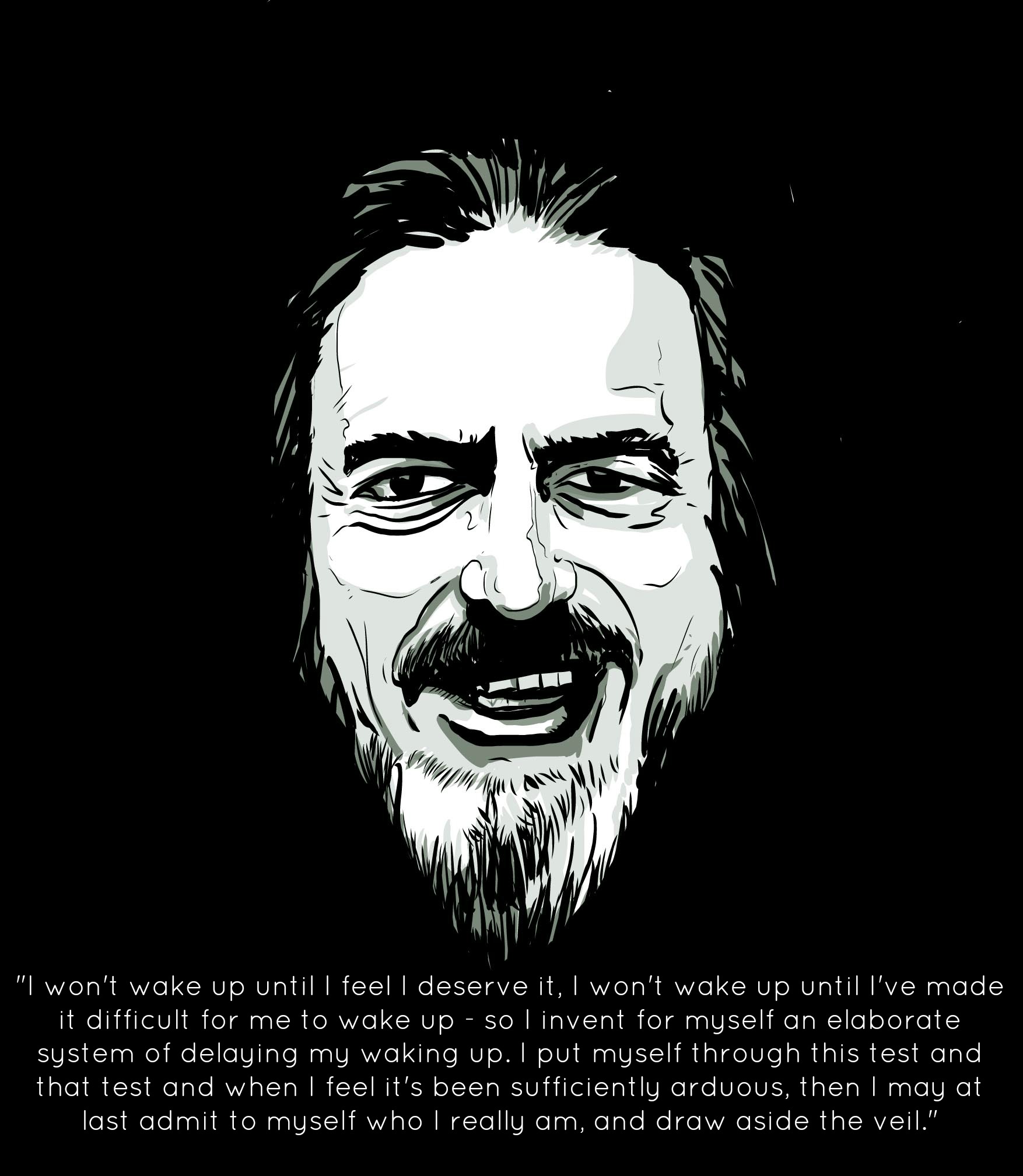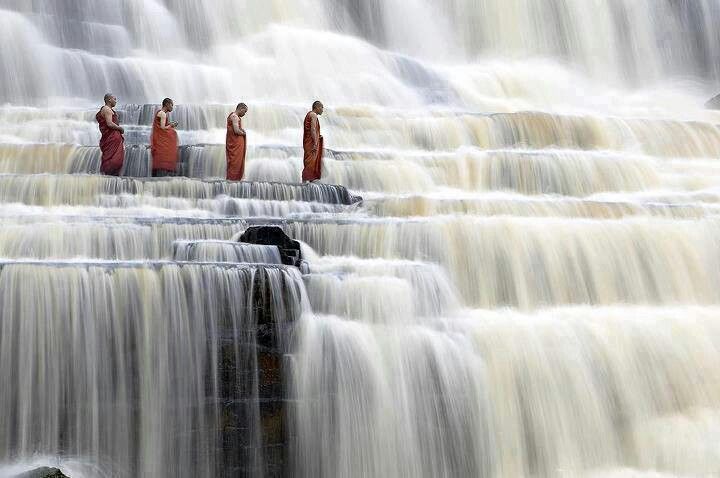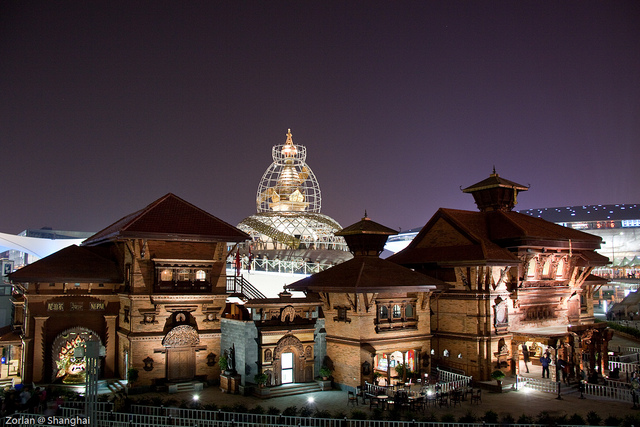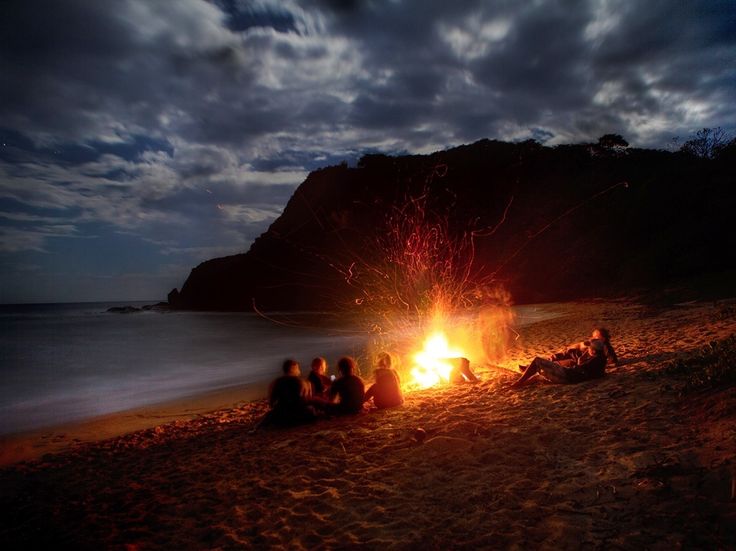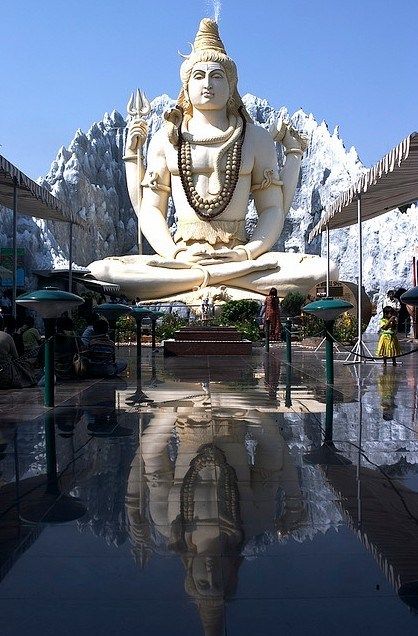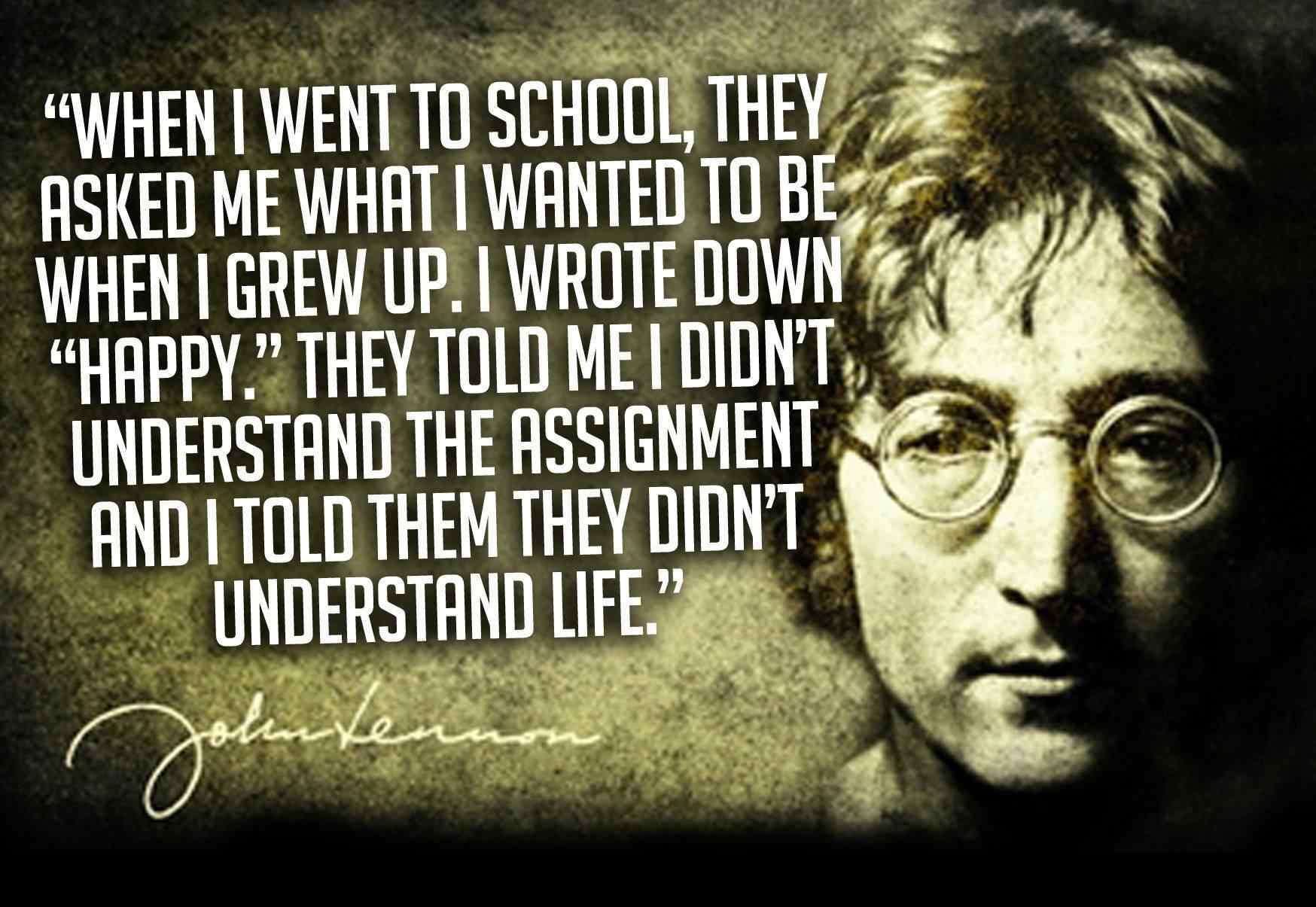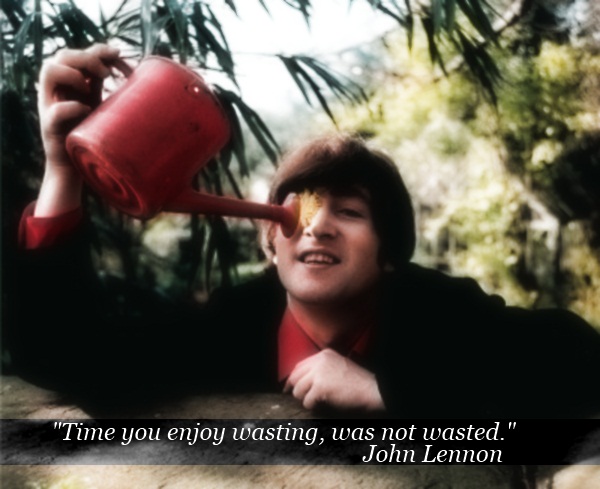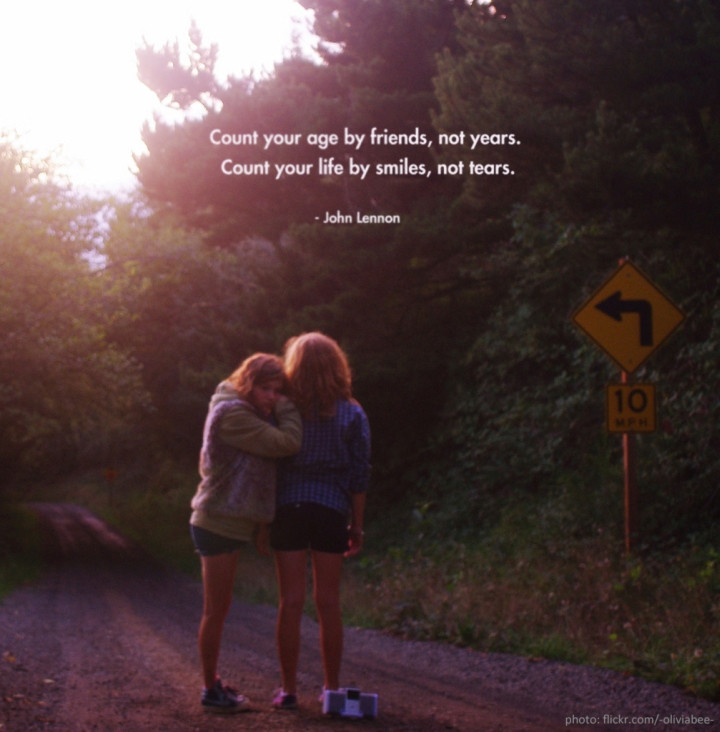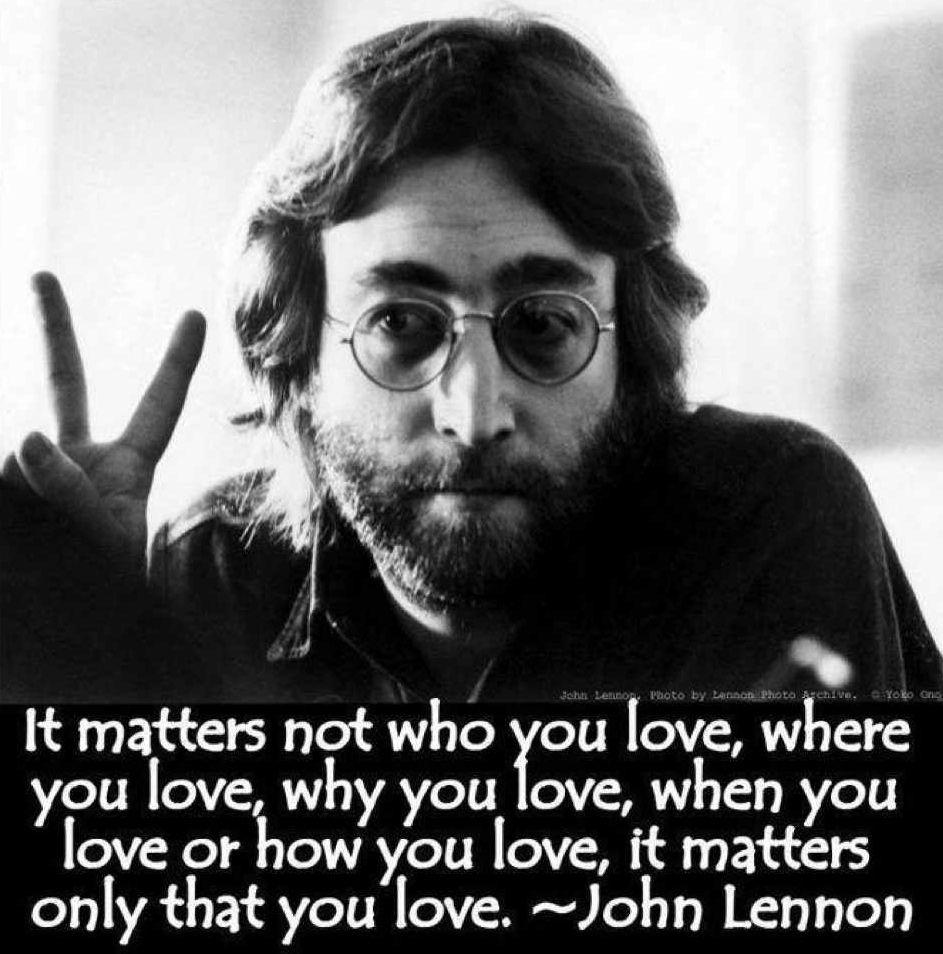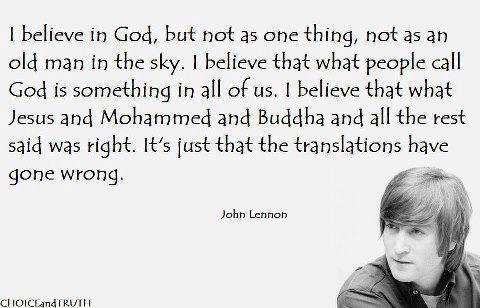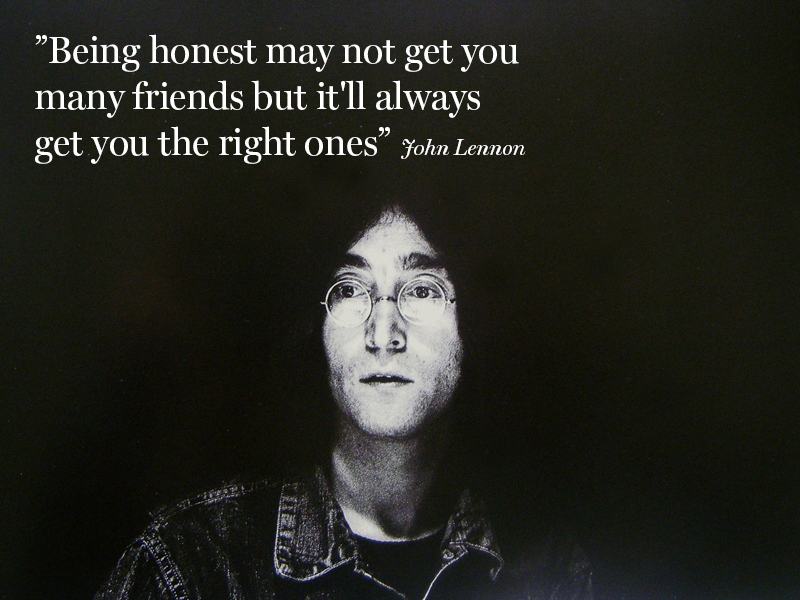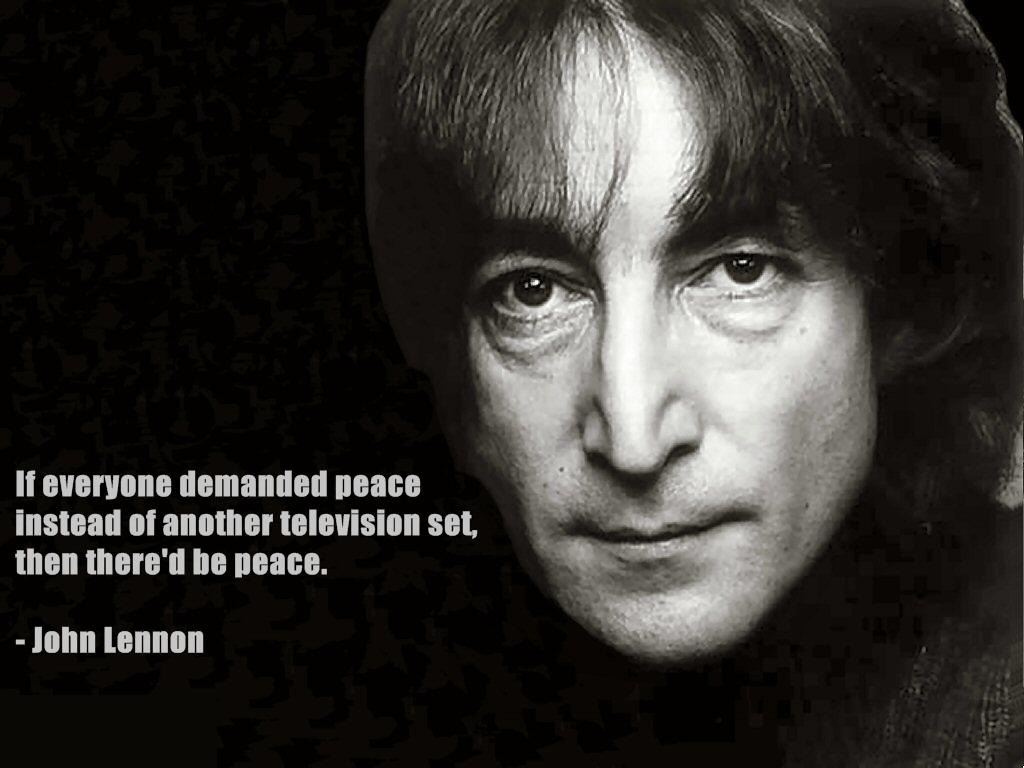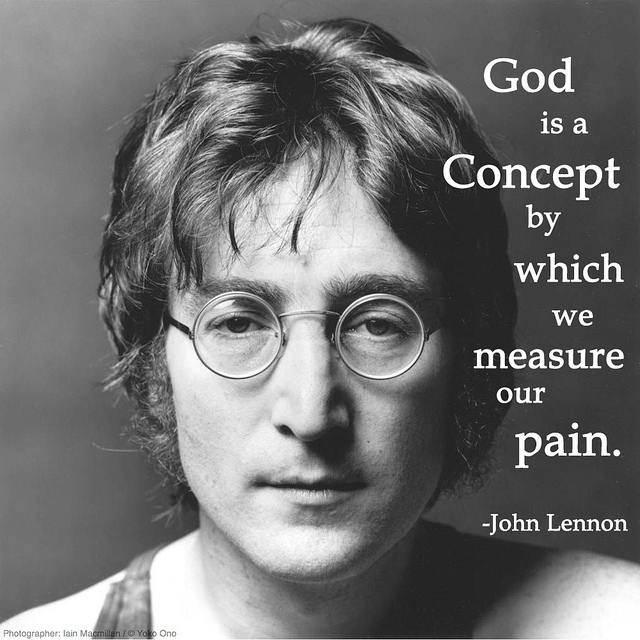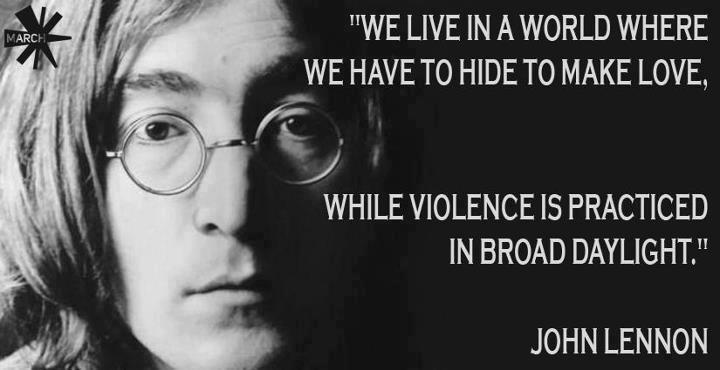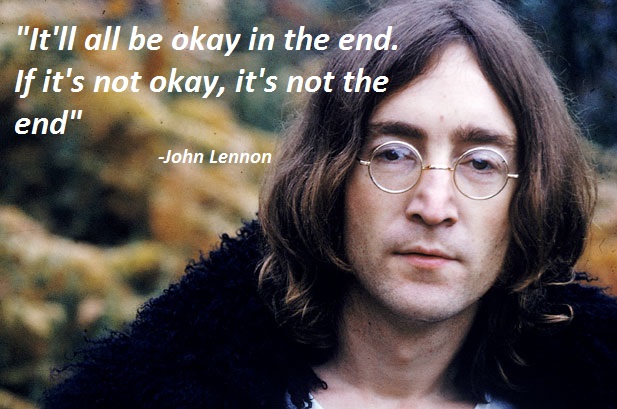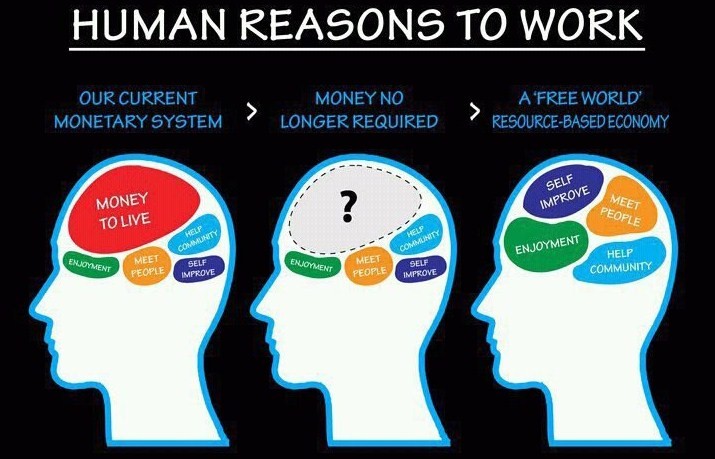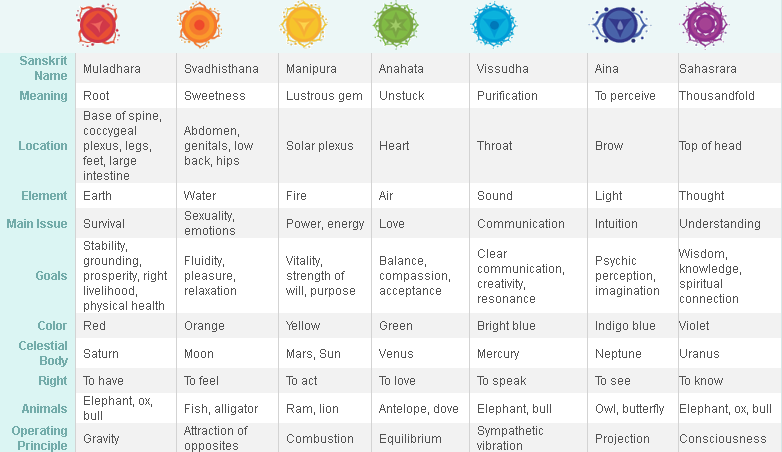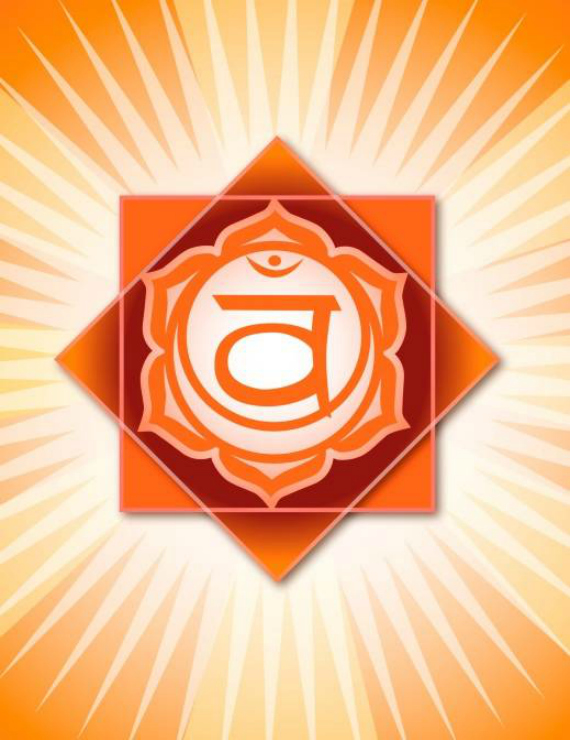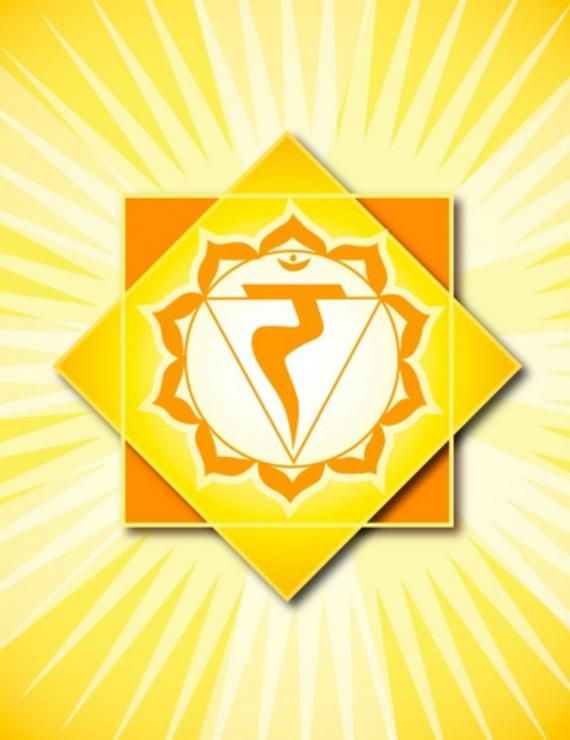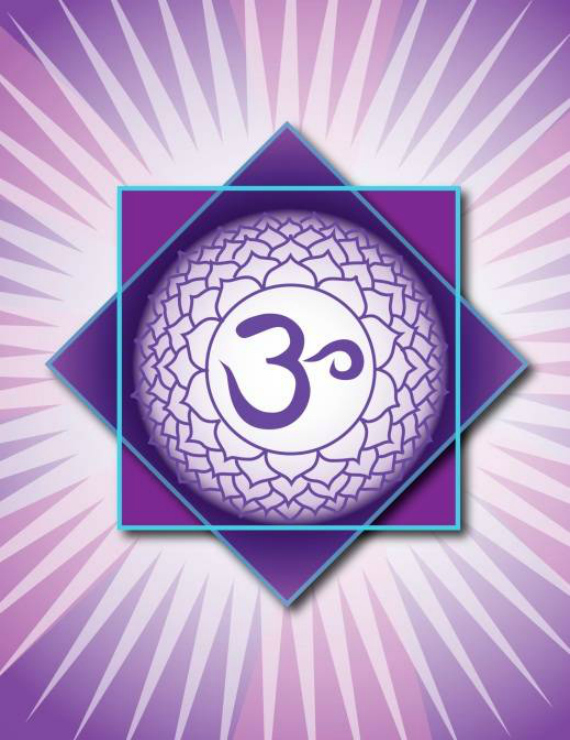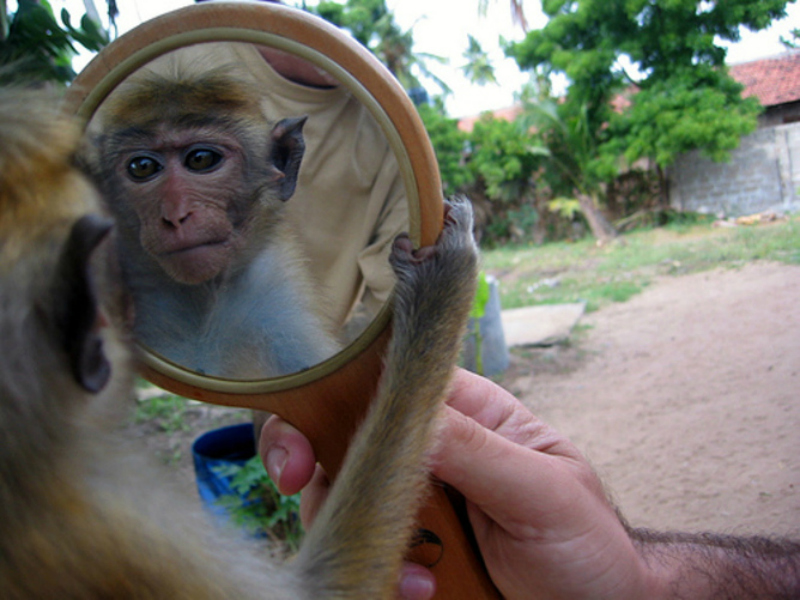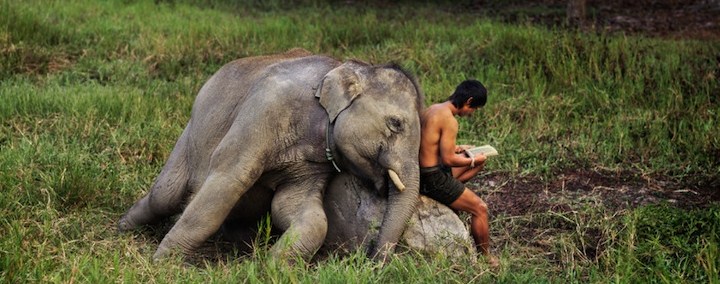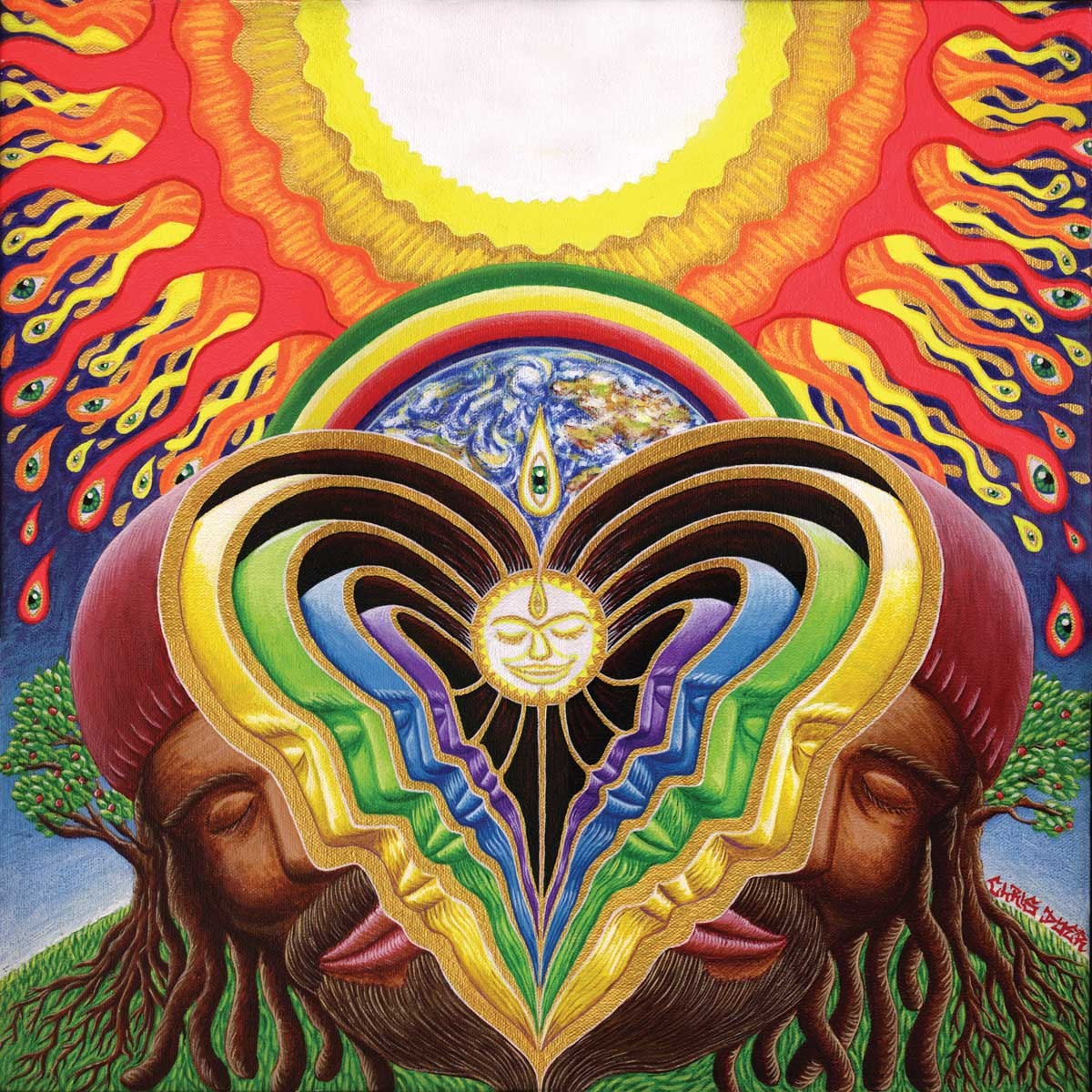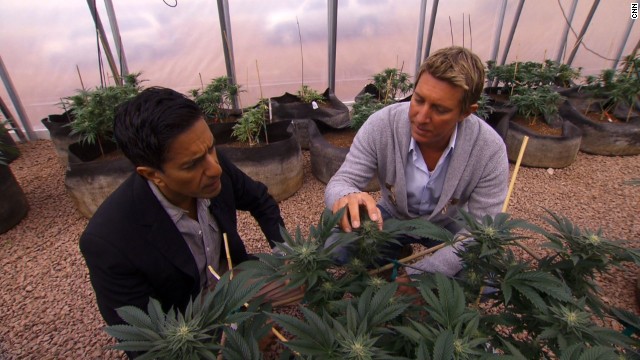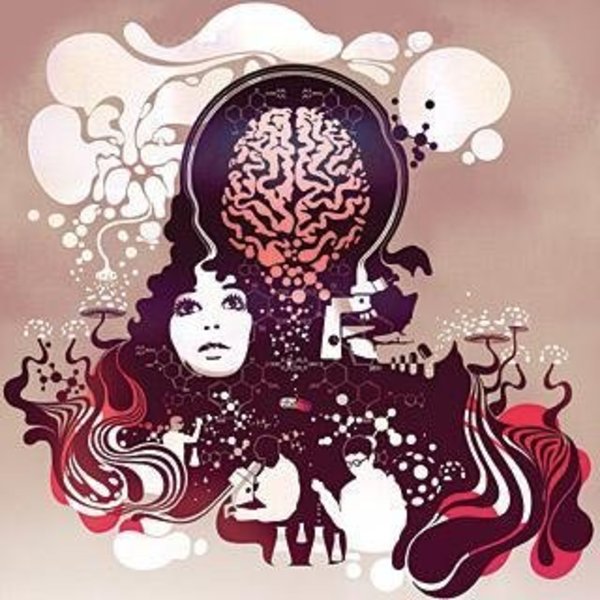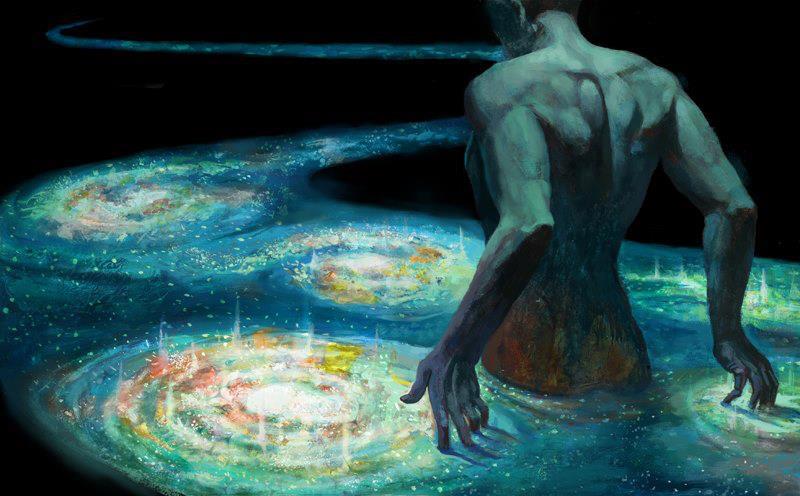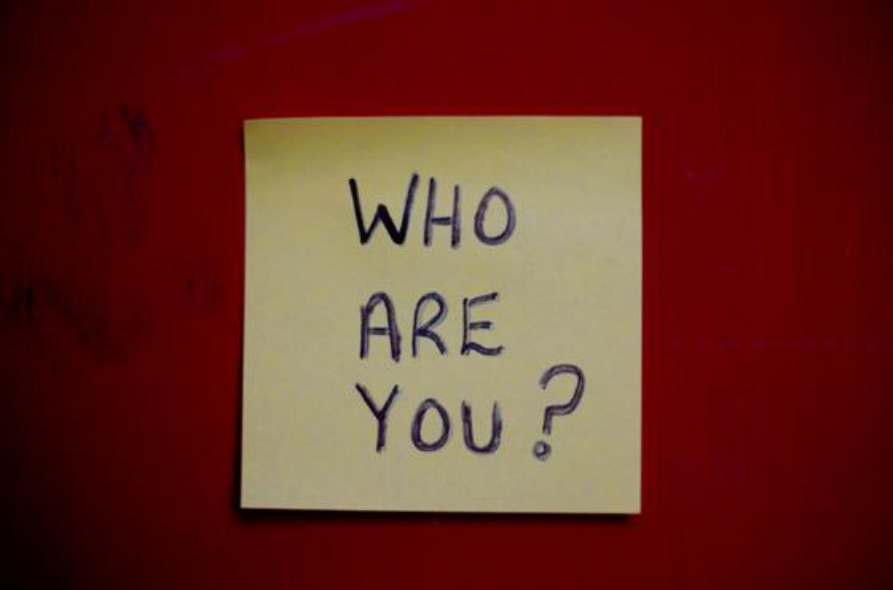Alan Watts shares his thoughts on reality, our shared connection and the process of waking up to fundamental truths.
Alan Watts – The Way of Waking Up (Transcript)
So then, here’s the drama. My metaphysics, let me be perfectly frank with you, are: That there is the central self, you can call it God, you can call it anything you’d like – and it’s all of us. It’s playing all the parts of all beings whatsoever everywhere and anywhere. And it’s playing the game of hide-and-seek with itself, it gets lost, it gets involved in the farthest out adventures, but in the end it always wakes up and comes back to itself.
And when you’re ready to wake up, you’re going to wake up. And if you’re not ready, you’re going to stay pretending, that you’re just a little – poor little me. And since you’re all here and engaged in this sort of inquiry and listening to this sort of lecture, I assume that you’re all on the process of waking up. Or else, you are teasing yourselves, with some kind of flirtation with waking up, which you are not serious about. But I will assume that maybe you are, not serious, but sincere, that you are ready to wake up.
So then, when you’re in the way of waking up, and finding out who you really are. You meet a character called a Guru; as the Hindu’s say this word: the teacher, the awakened. And what is the function of a guru? He’s the man who looks at you in the eye and says (laughs) “Oh, Come on..” (laughs)…”I know who you are.” You know, you come to the guru and say “Sir, I have a problem, I’m unhappy and I want to get one-up on the universe or I want to become enlightened – I want spiritual wisdom.” Ah, the guru looks at you and says “Who are you?”
You know Shri Ramana Maharshi that great Hindu sage of modern times? People used to come to him and say “Master, who was I in my last incarnation?”, as if that mattered. And he would say “Who is asking the question?” – and he would look at you and say “Basically go right down to it, you’re looking at me – you’re looking out, and you are unaware of what’s behind your eyes..go back in, find out who you are. Where the question comes from, why you ask.” And if you look at a photograph of that man – I have a gorgeous photograph of him, and you look in those – I walk by it everytime I go out of the front door, and I look at those eyes, and the humor, the lilting laugh, it’s a – ho ho, come on….(laughs) SHIVA, I recognize you.
When you come to my door and you say “I’m so-and-so.” I say “ha-ha” what a funny way god has come on today. (laughs) There are sorts of tricks of course a guru will play..they..they well, they’re going to put you through the mill. And the reason they do that, is simply: you won’t wake up, until you feel you’ve paid a price for it. In other words, the sense of guilt that one has or sense of anxiety is simply the way one experiences keeping the game of disguise going on. Do you see that? Supposing you say: “I feel guilty.” Christianity makes you feel guilty for existing. That somehow the very fact that you exist is an affront. You uh, a fallen human being.
I remember as a child when we went to the services of the church on good Friday, they gave us each a colored postcard with Jesus crucified on it, and it said underneath: This have I done for thee, what doest thou for me. You know you felt awful, you nailed that man to the cross. Because you eat steak, you have crucified Christ. Cause you’ve killed the bull, but after all you depend on it. Mithra, it’s the same mystery. And what are you going to do about that? This have I done for thee, what doest thou for me. You feel awful, that you just exist at all. But that sense, that sense of guilt, is the veil across the sanctuary: Don’t you dare come in!
In order to, you know, in all mysteries when you’re going to be initiated, there’s somebody saying: “uh, uh, uh, uh, don’t you come in – you’ve got to fulfill this requirement, and this requirement, and this requirement, this requirement, then we’ll let you in.” So you go, you go through the mill. Why? Because this is, you’re saying to yourself: “I won’t wake up until I feel I deserve it, I won’t wake up until I’ve made it difficult for me to wake up – so I invent for myself an elaborate system of delaying my waking up. I put myself through this test and that test and when I feel it’s been sufficiently arduous then I may at last admit to myself who I really am, and draw aside the veil.”
And realize that after all, when all is said and done…I am that I am. Which is the name of god. And when it comes to it, that’s really rather funny. They say in Zen, when you attain satori, nothing is left to you at that moment but to have a good laugh.
But naturally, all masters, Zen masters, Yoga masters, every kind of master, puts up a barrier. And says to you…He simply plays your own game, you know, we say anybody who goes to a psychiatrist or has his head examined, because you, when you go to a psychiatrist you define yourself as someone who ought to have his head examined. Same way the Zen masters say anybody who studies Zen or goes to a Zen master ought to be given 30 blows with a stick. Because he was stupid enough to pose the question that he had a problem. But you’re the problem, you put yourself in the situation. So, it’s a question fundamentally: Do you define yourself as a victim of the world, or as the world?


